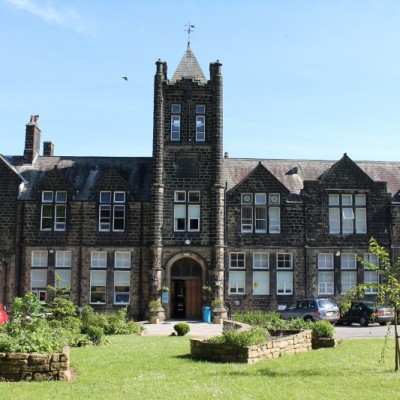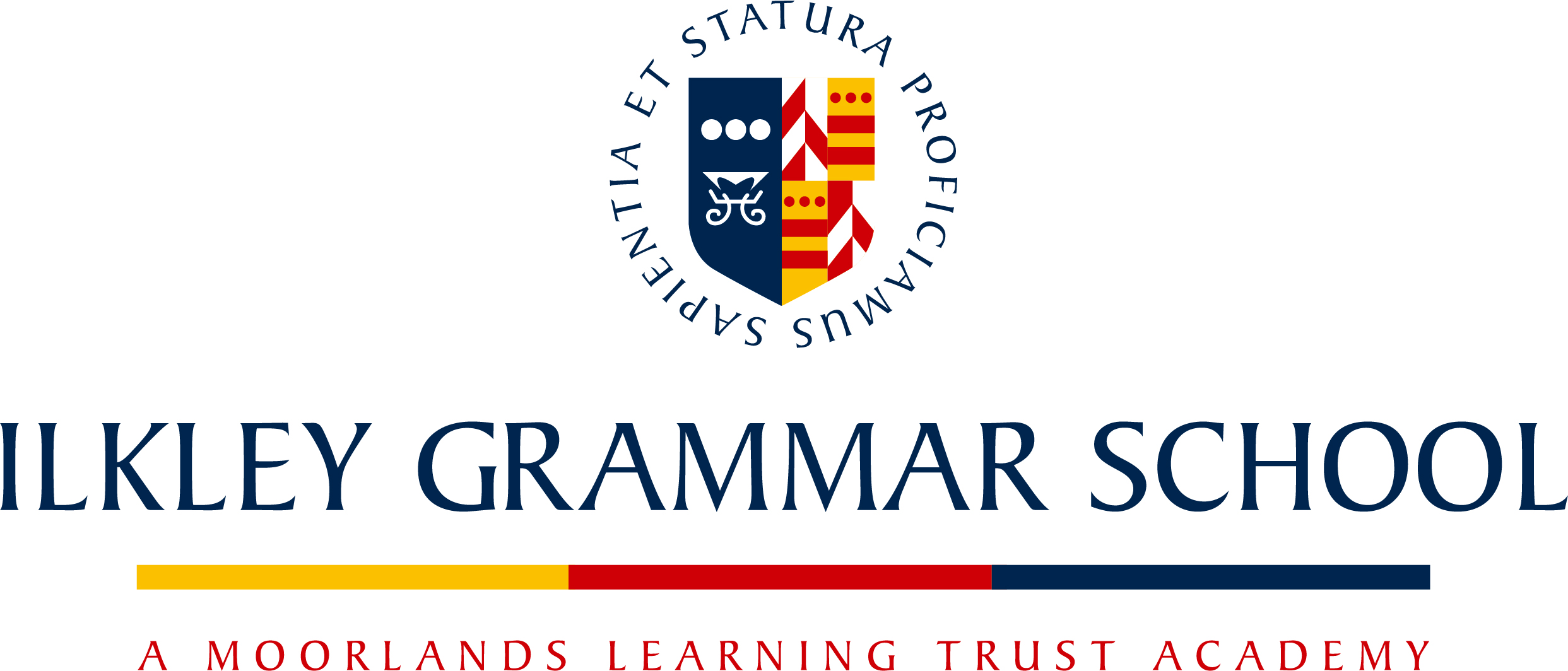RELIGIOUS EDUCATION
At IGS, we are committed to creating an environment where students are tolerant, respectful, and understanding of a variety of faiths, cultures, and backgrounds. The Religious Studies curriculum aims to provide students with an opportunity to explore and understand different religions, worldviews, and beliefs. Through our curriculum, we aim for a culture of kindness and respect and want our students to confidently articulate their knowledge and demonstrate in their outward behaviour and attitudes, their understanding of world faiths and Fundamental British Values.
Our KS3 curriculum takes a lens approach, focusing on theology in Year 7, anthropology in Year 8, and themes in Year 9.
- In Year 7, students will explore the origins and key beliefs of Judaism, Christianity, Islam, Hinduism, Buddhism and Sikhism. They will consider the role of key figures throughout history, how believers learn about their faith and different beliefs about the afterlife.
- In Year 8, students will study anthropology, examining the ways in which religion shapes practices and community, giving believers a sense of belonging and identity. They will consider the role of religion in personal and community life and engage with fundamental anthropological concepts.
- In Year 9, students will engage with key themes in Religious Studies, including ‘who has the right to end life’, ‘how we should treat the environment’ and ‘war and peace’. Through these topics, students will apply their knowledge and understanding of theology and anthropology to these areas and develop an understanding of how religion interacts within other aspects of society and the wider world.
At GCSE, our Religious Studies curriculum follows the AQA specification. The course features two main components: the study of religions (theology) including Christianity and Buddhism, and ethical themes, including crime and punishment, religion, peace and conflict and human rights and social justice. The course aims to develop students’ knowledge and understanding of different religious traditions and the ethical issues they face in contemporary British society. Students also develop their evaluative skills through the exploration of these ethical and sometimes controversial issues.
Our Philosophy A level also follows the AQA specification and aims to develop students critical thinking skills and reasoning. The course covers four key areas of philosophy: epistemology, moral philosophy (ethics), metaphysics of mind and metaphysics of God. Students explore different philosophical traditions and their contributions to understanding fundamental questions about the nature of reality, the nature of knowledge, and the nature of morality.
Religious Education at Ilkley Grammar School also plays a key role in delivering Social Moral Spiritual and Cultural education to our students. We are committed to promoting values such as respect, courage, responsibility, kindness, resilience, and pride. We encourage students to engage with different religious perspectives and to develop empathy and understanding for others’ beliefs and practices. Our aim is to equip students with the knowledge, skills, and values they need to engage with religion and its role in the world thoughtfully and critically.
Aims and Objectives
- To enable students to develop an understanding of the beliefs, practices, and values of different religious and non-religious worldviews, including Christianity, Islam, Hinduism, Sikhism, Buddhism, Judaism, and Humanism, in accordance with the Bradford Agreed Syllabus.
- To encourage students to explore and reflect upon their own beliefs, values, and experiences and how these relate to the wider worldviews studied.
- To promote respect for diversity and an appreciation of the role of religion and belief systems in society and culture.
- To equip students with critical thinking skills, enabling them to evaluate and analyse religious and ethical issues.
- To enable students to articulate their knowledge of the different world faiths and non-religious world views, demonstrating their understanding and tolerance for people with difference faiths, beliefs, and cultural traditions.
- To encourage students to take responsibility for the society and community in which they live, so they can make a positive contribution to the local community and society as a whole.
- To enable students to develop their knowledge on the Fundamental British Values and have a broad knowledge and respect for public institutions and services in modern Britain.
- To prepare students for life in modern Britain and actively promote the values of democracy, the rule of law, individual liberty, and mutual respect and tolerance of those with different faiths and beliefs.
- To ensure that extremist or discriminatory opinions and behaviours have no place in any aspect of our school life.
- To ensure respect for others, paying specific attention to the protected characteristics set out in the Equality Act (2010)
- To ensure all students understand that they have the freedom to hold particular faiths and beliefs and that this is protected by law- including the acceptance that some people have no faith which should also be tolerated.















